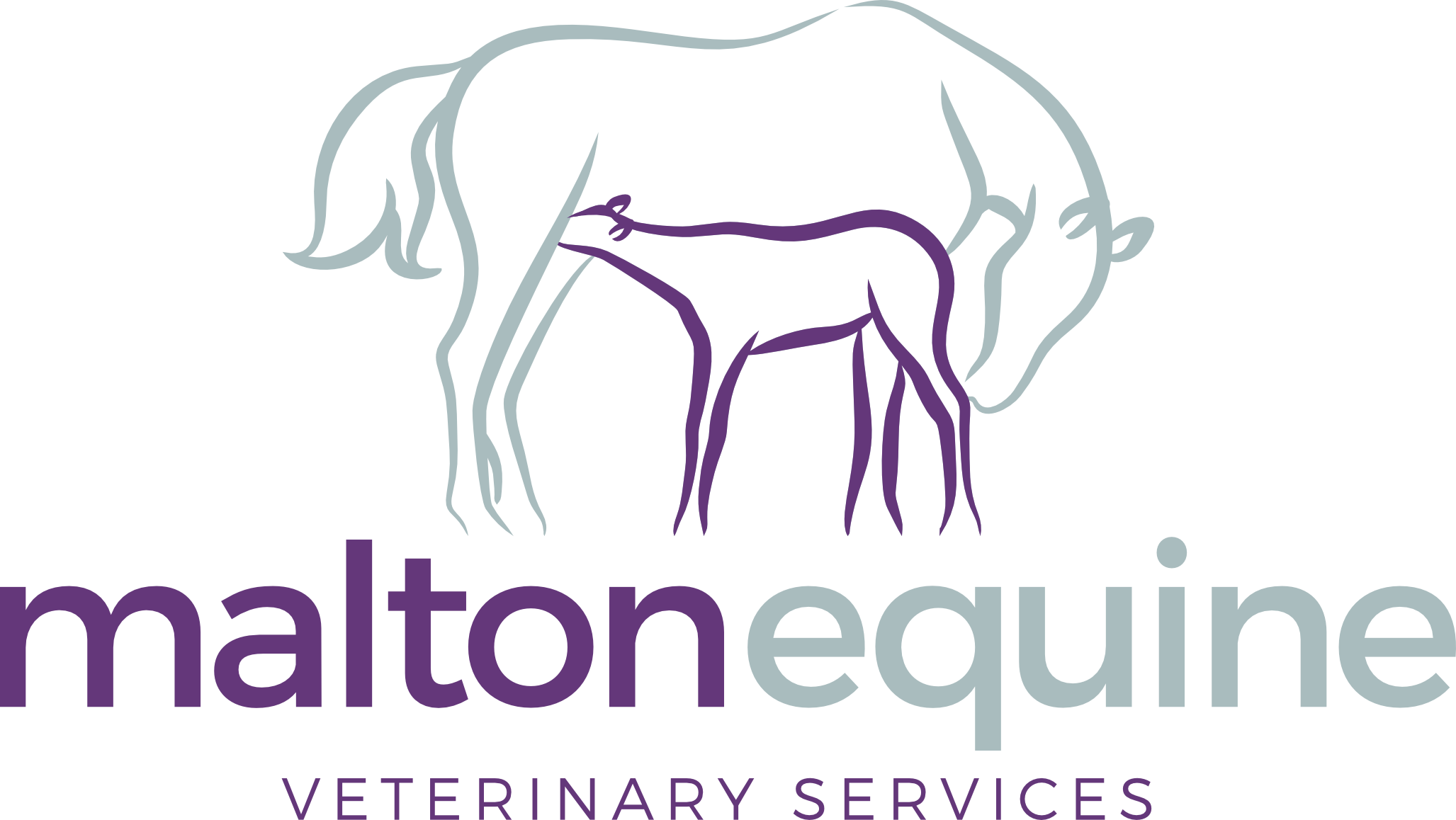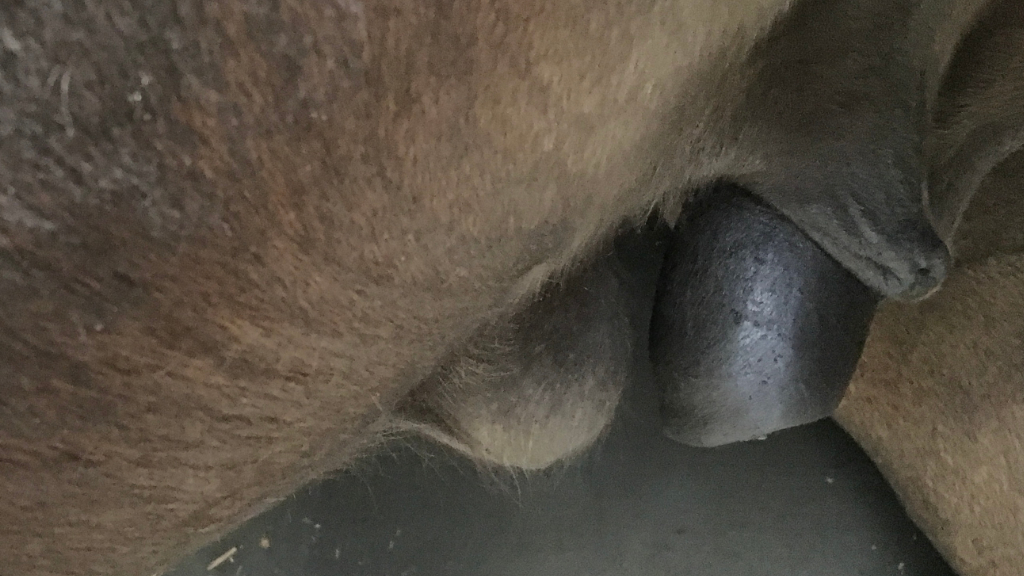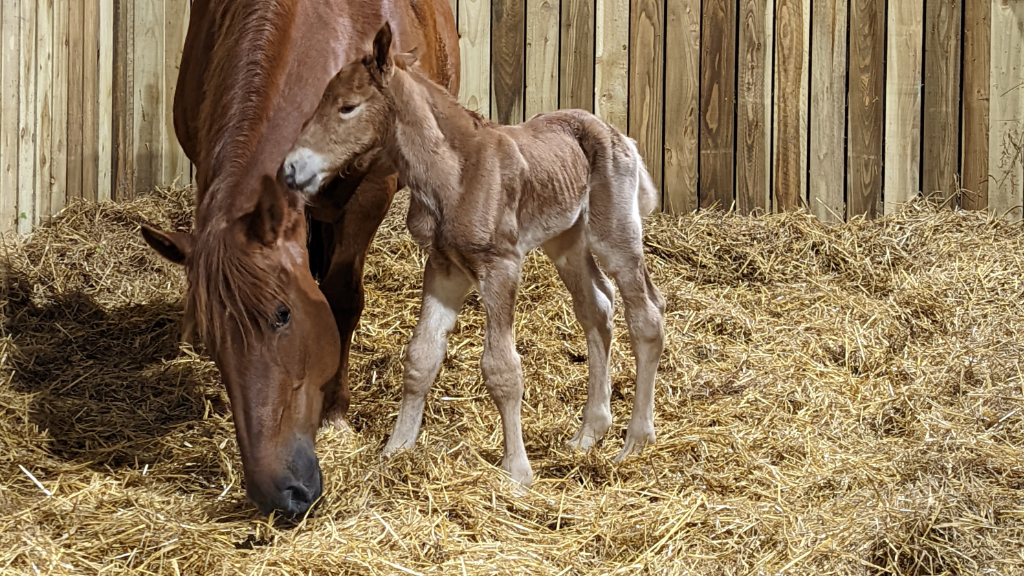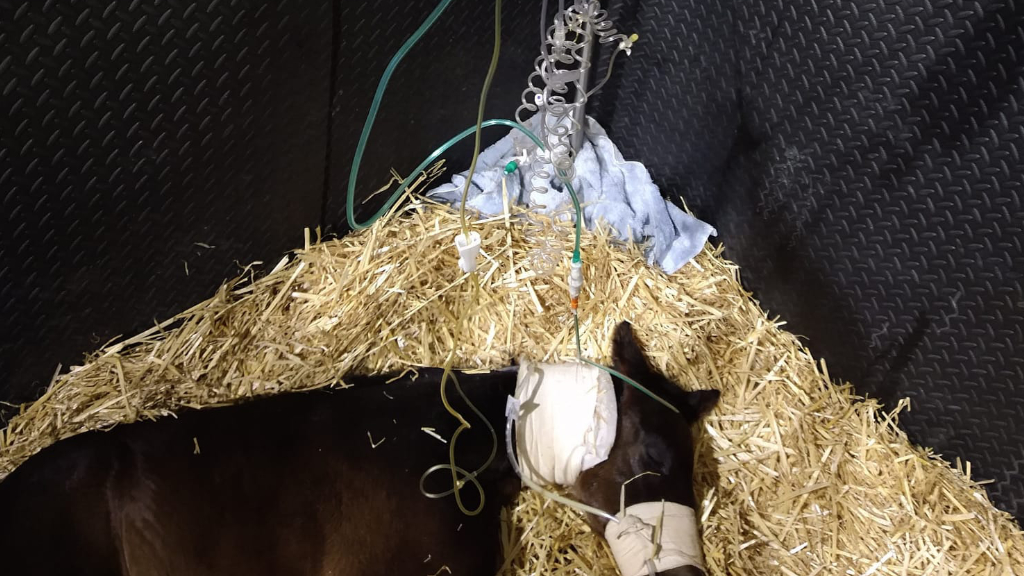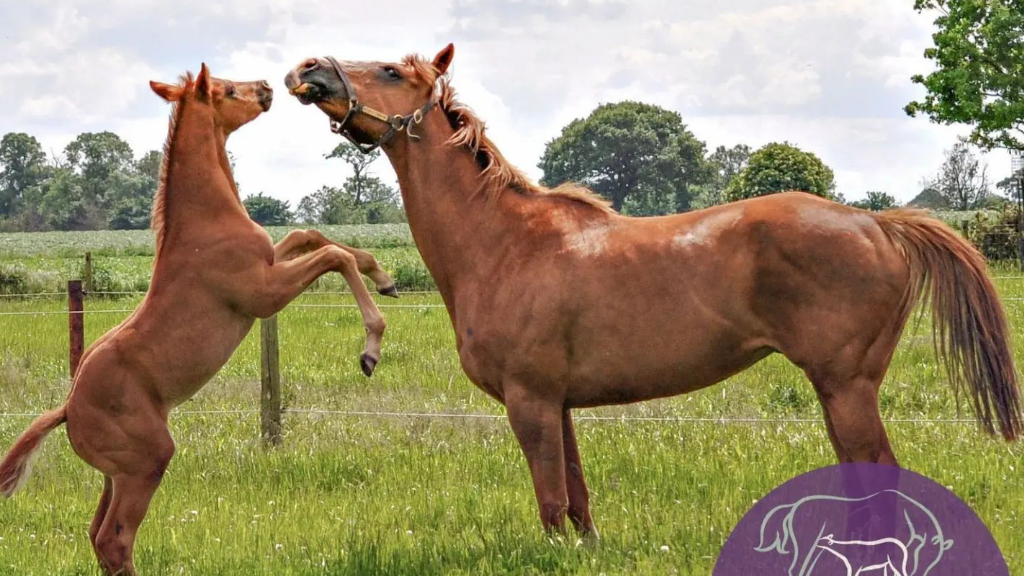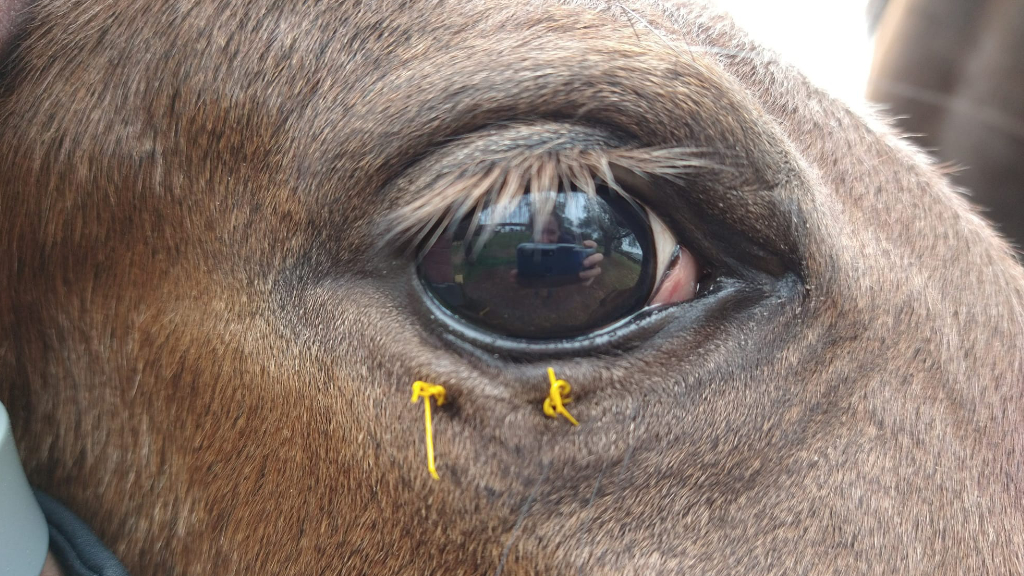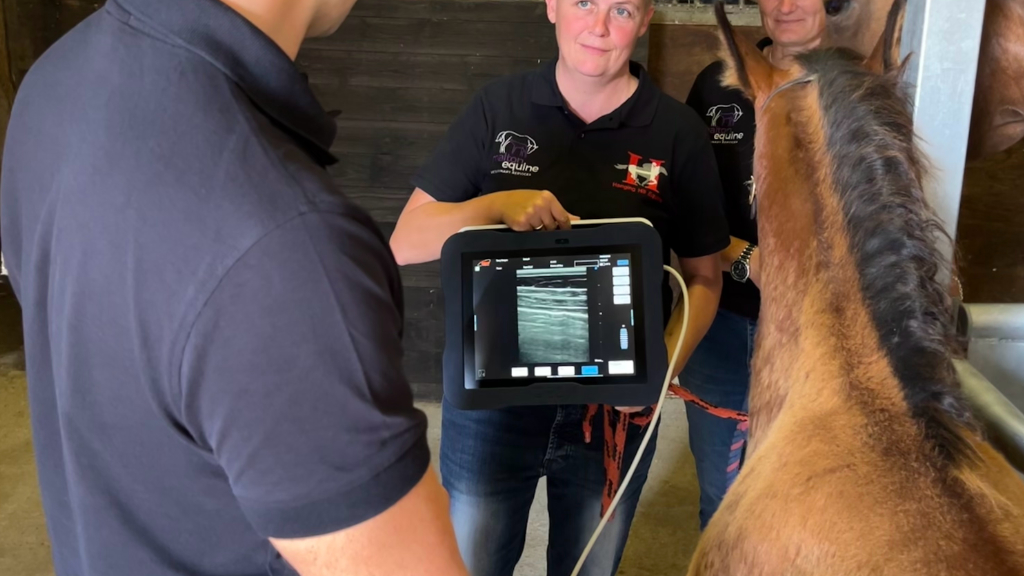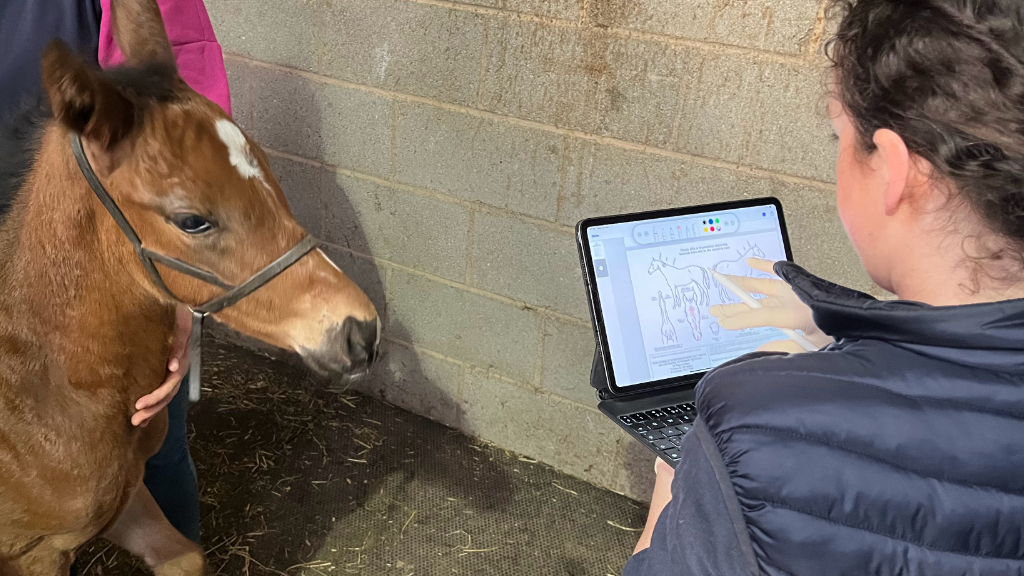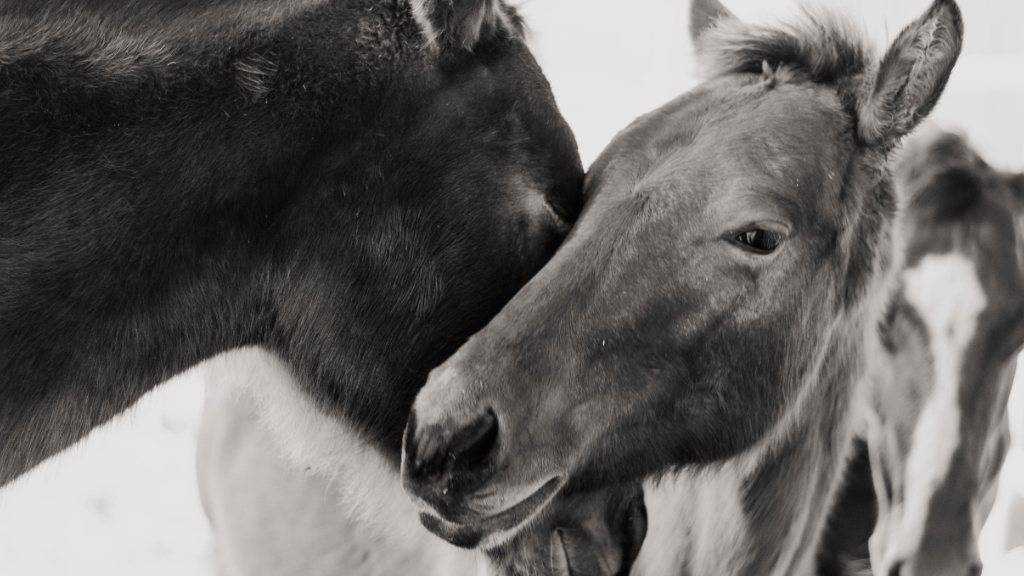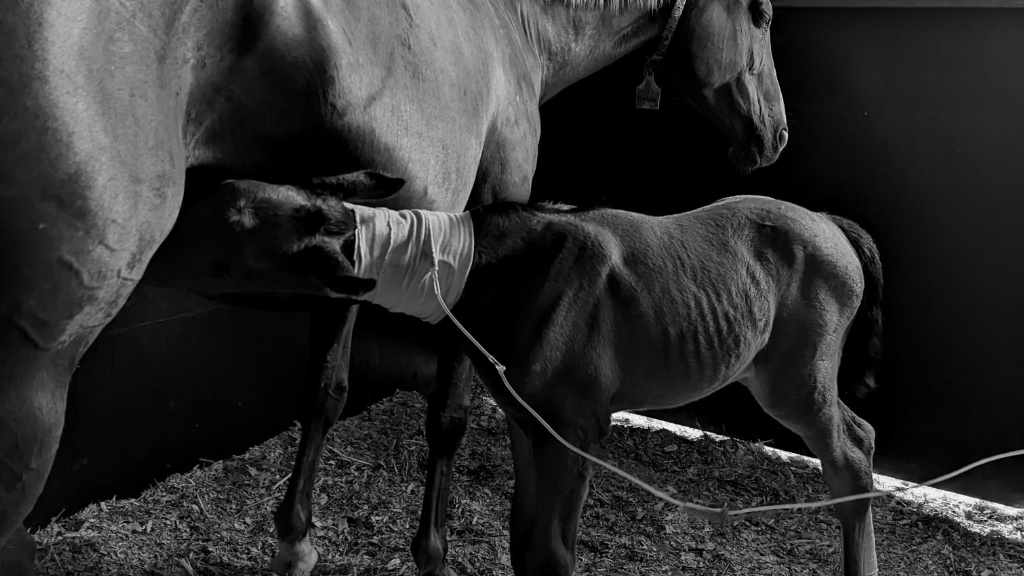Malton Equine Veterinary Services
Foal Medicine
Management of Hernias
Management of Hernias
Umbilical or inguinal hernias are conditions commonly encountered in foals, often manifesting within the first three months of life. These hernias involve a protrusion of abdominal contents through a weakened area in the abdominal wall, and their management is crucial to ensure the foal’s well-being. Depending on the size and severity of the hernia, intervention may be necessary for resolution.
Treatment options vary based on factors such as the hernia’s size and potential complications. For smaller hernias, non-invasive methods such as rubber band application or physical reduction may be employed to encourage closure. In cases where the hernia is more substantial or poses a risk of complications, surgical intervention may be recommended.
Surgical procedures for hernia repair involve the closure of the weakened abdominal wall, ensuring the containment of abdominal contents. This approach is particularly beneficial for larger or persistent hernias, providing a lasting solution. Our experienced veterinarians work closely with foal owners to determine the most appropriate treatment plan to suit the specific needs of each case.
Whether through non-invasive methods or surgical intervention, our commitment is to provide compassionate and expert care. If you suspect your foal may have a hernia or have concerns about their abdominal health, contact us for a thorough evaluation and personalized treatment plan.
Emergency veterinary attention for your horse may be required at any time of the day or night. We provide veterinary care 24 hours a day, 365 days a year to registered clients.
